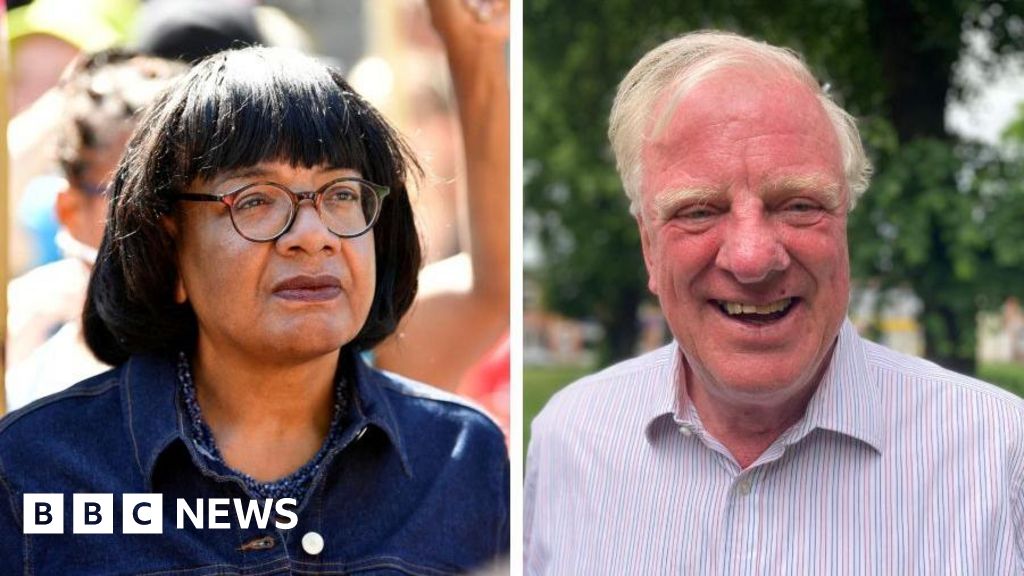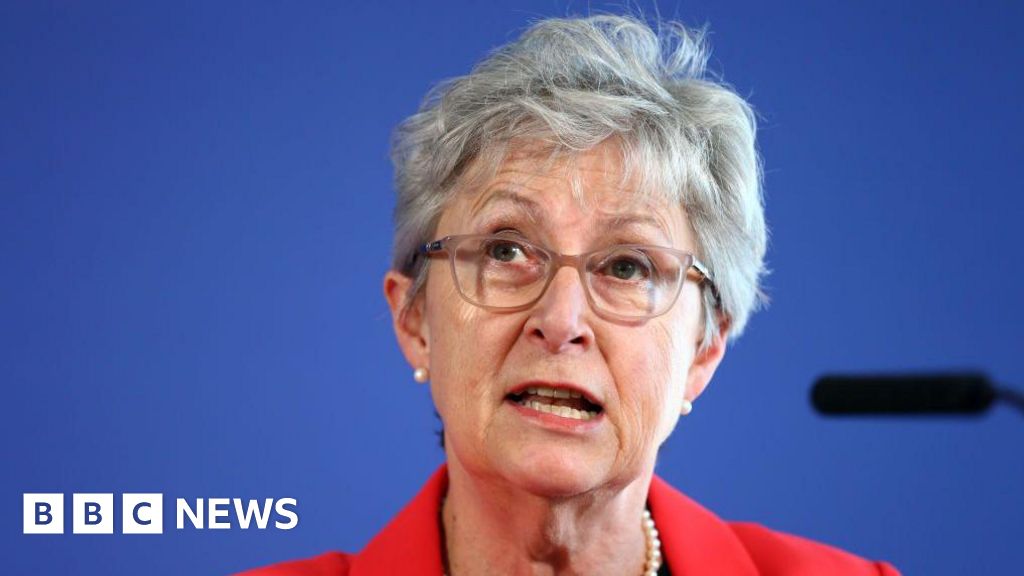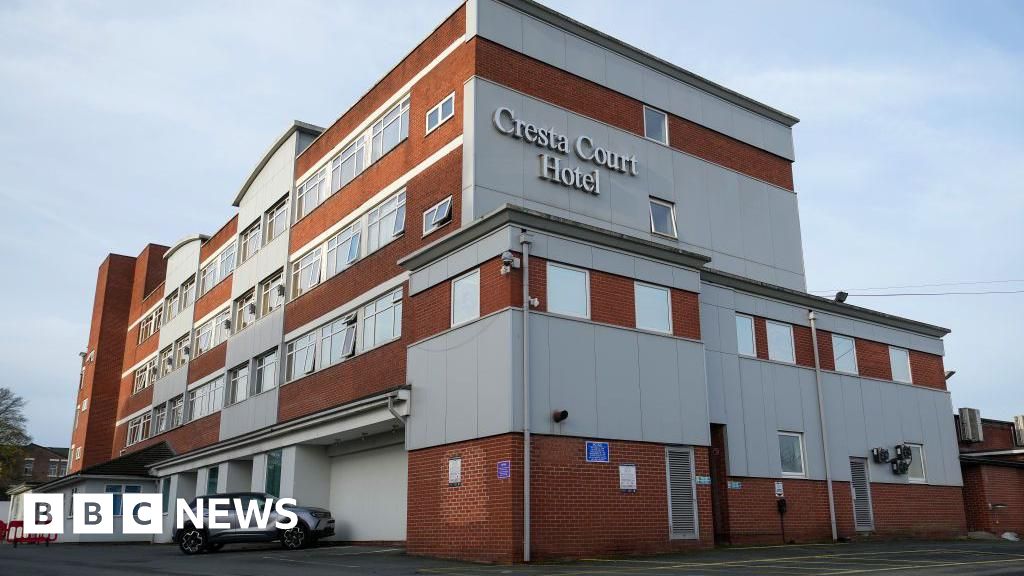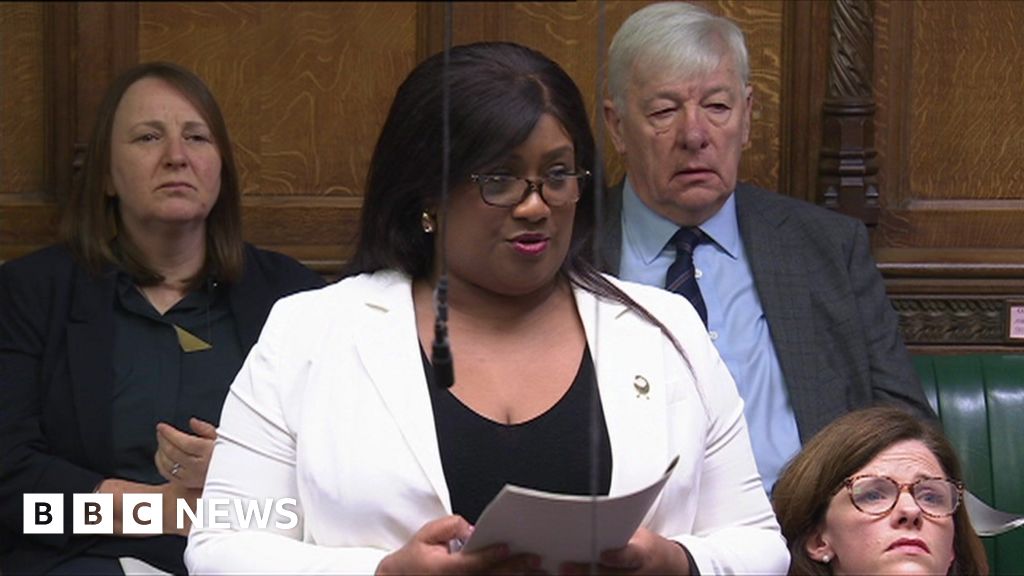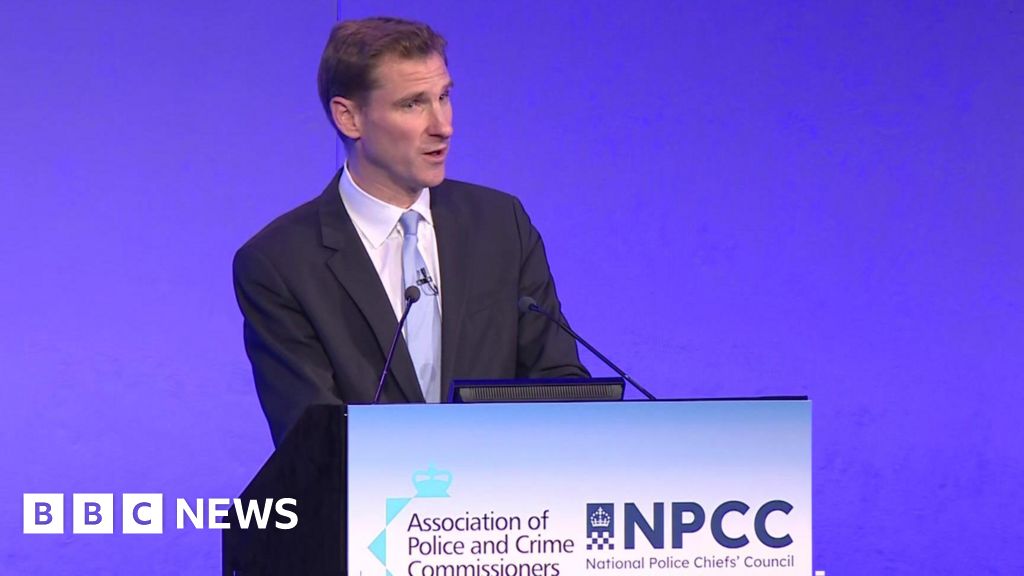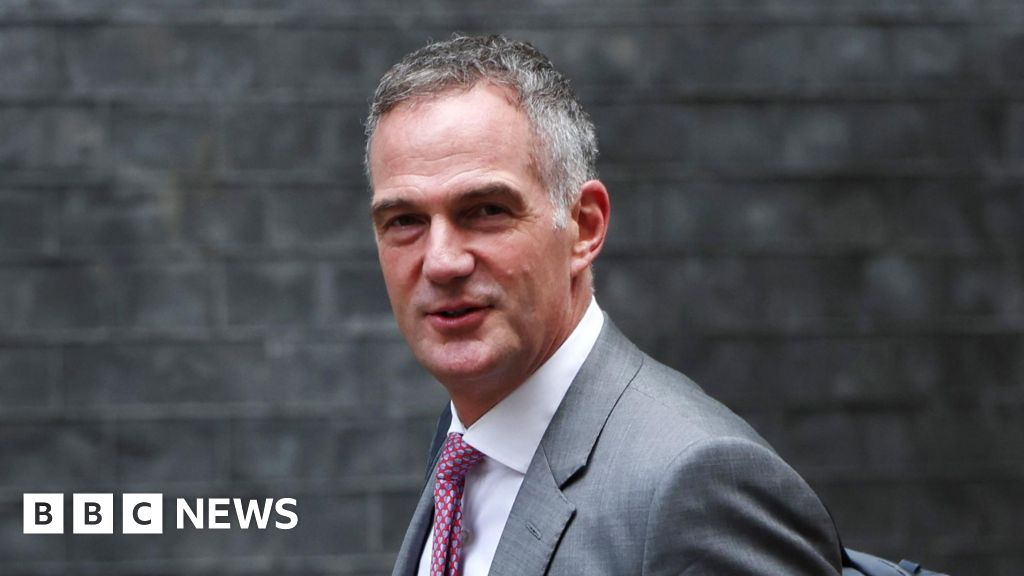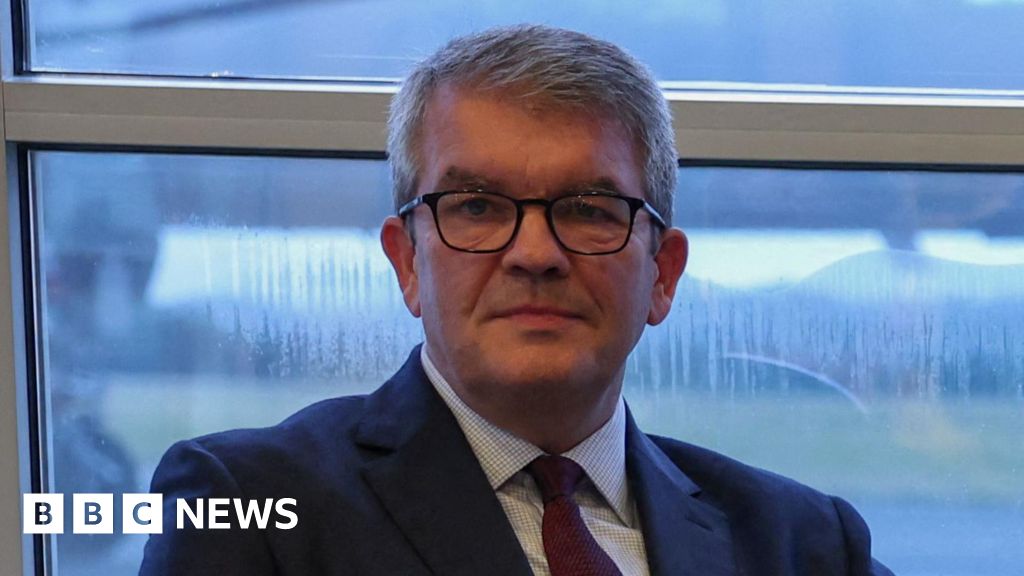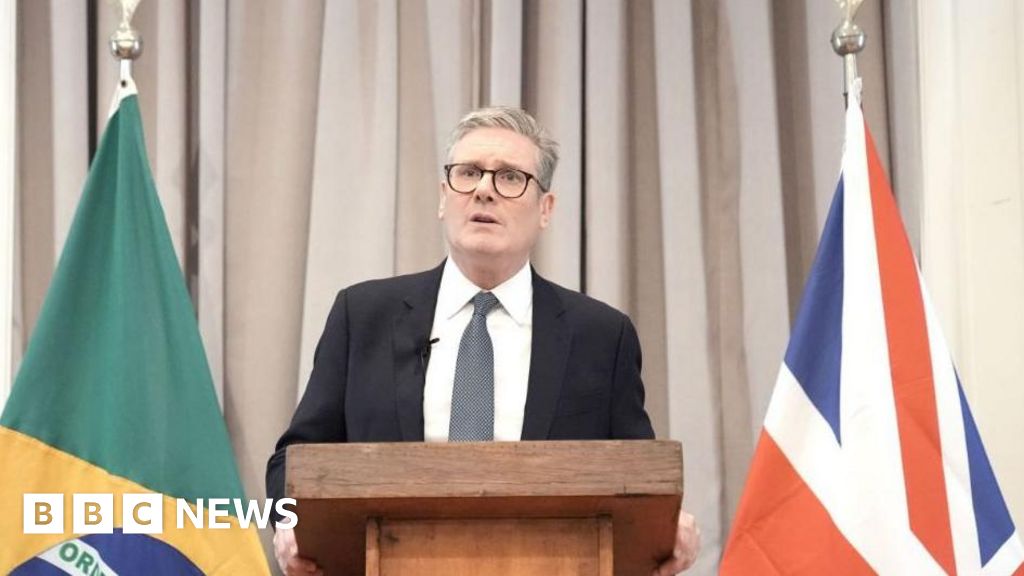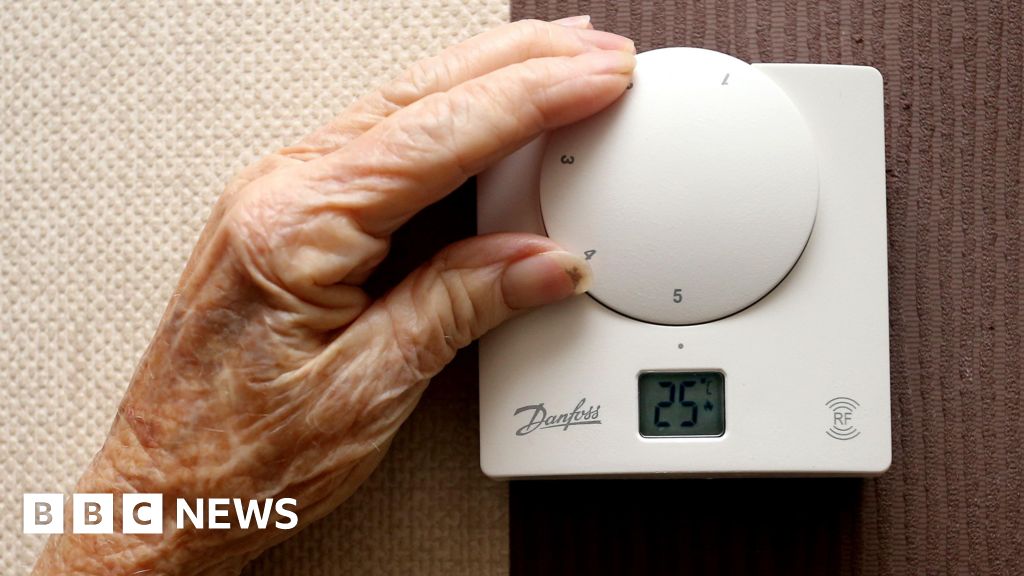The Conservatives have accused the government of "stoking inflation", after price rises hit their highest rate for six months.
An increase in energy bills helped push up the UK inflation rate, which measures price changes over time, to 2.3% in the year to October, up from 1.7% in September.
Shadow Cabinet Office minister Alex Burghart, who was standing in for Tory leader Kemi Badenoch at Prime Minister's Questions, blamed the government's decision to agree above-inflation pay rises with unions and said last month's Budget would also push up inflation.
But Deputy Prime Minister Angela Rayner pointed out inflation hit 11.1% when Burghart was a minister under Liz Truss.
Burghart said the government's decisions meant "higher inflation for working people".
"The truth is this government isn't doing anything to bring down inflation. This government is stoking inflation," he told the Commons.
"First, we had above-inflation pay rises for the unions. Then, we had a Budget, which the OBR said was going to push up inflation.
"This morning we had City economists, real economists, saying that next year inflation would hit 3%."
Rayner, who was deputising for Prime Minister Sir Keir Starmer while he travels back from the G20 summit in Brazil, hit back: "Many people might not know, but [Burghart] was the minister for growth when, under Liz Truss, inflation was 11.1% and growth flatlined, so we're doing much better than he did."
However, Burghart said it was the war in Ukraine and the Covid pandemic that drove up inflation under the Conservatives.
He added: "This government is doing it to the British people. High tax, high inflation, low growth, low reform, there's a word for that, it's Starmerism."
Since winning power, Labour has agreed above-inflation pay deals for workers including doctors and train drivers in an attempt to end long-running strikes.
Meanwhile, in last month's Budget the government announced almost £70bn of extra spending each year.
The independent Office for Budget Responsibility (OBR), which monitors the government's spending plans, said this would contribute to higher inflation in the short-term, although it would also help to drive economic growth.
Businesses have also warned customers will face higher prices, if they pass on the cost of tax rises announced in the Budget.

 17 hours ago
5
17 hours ago
5
